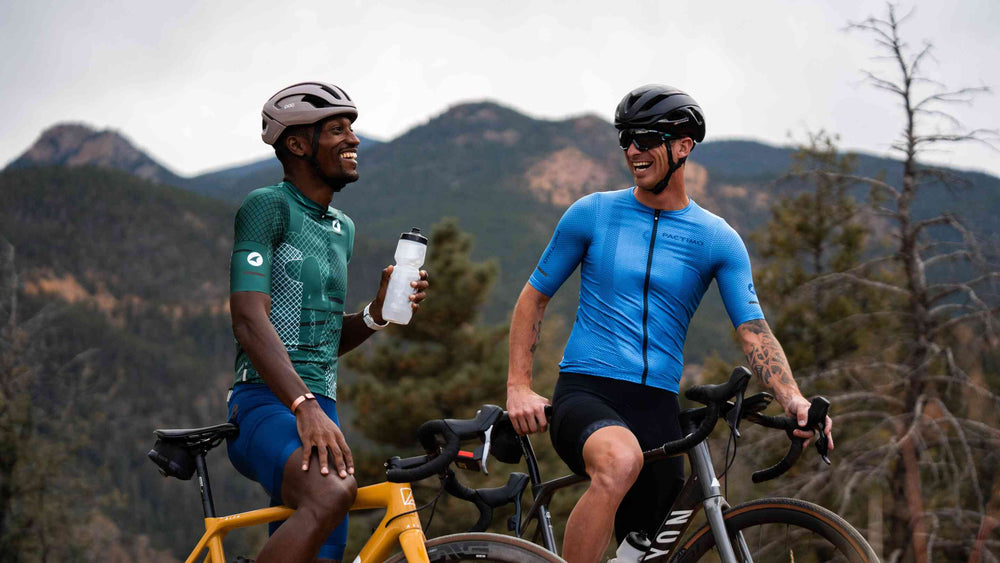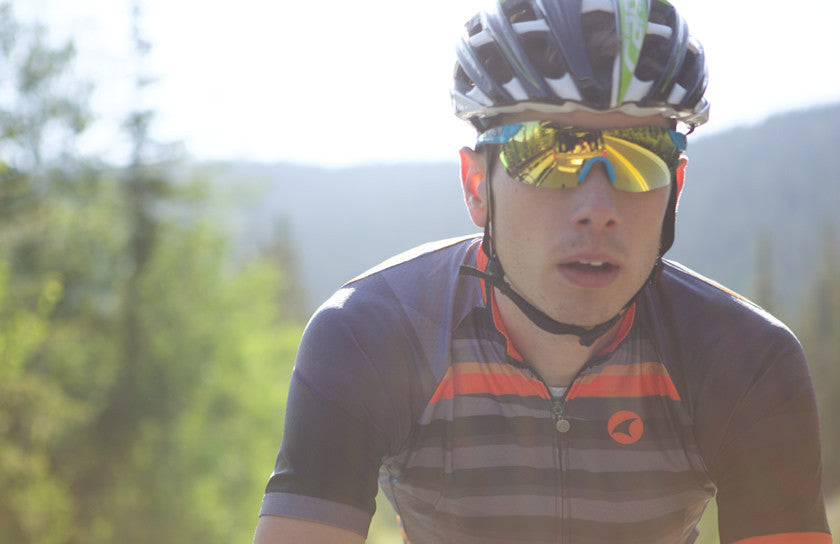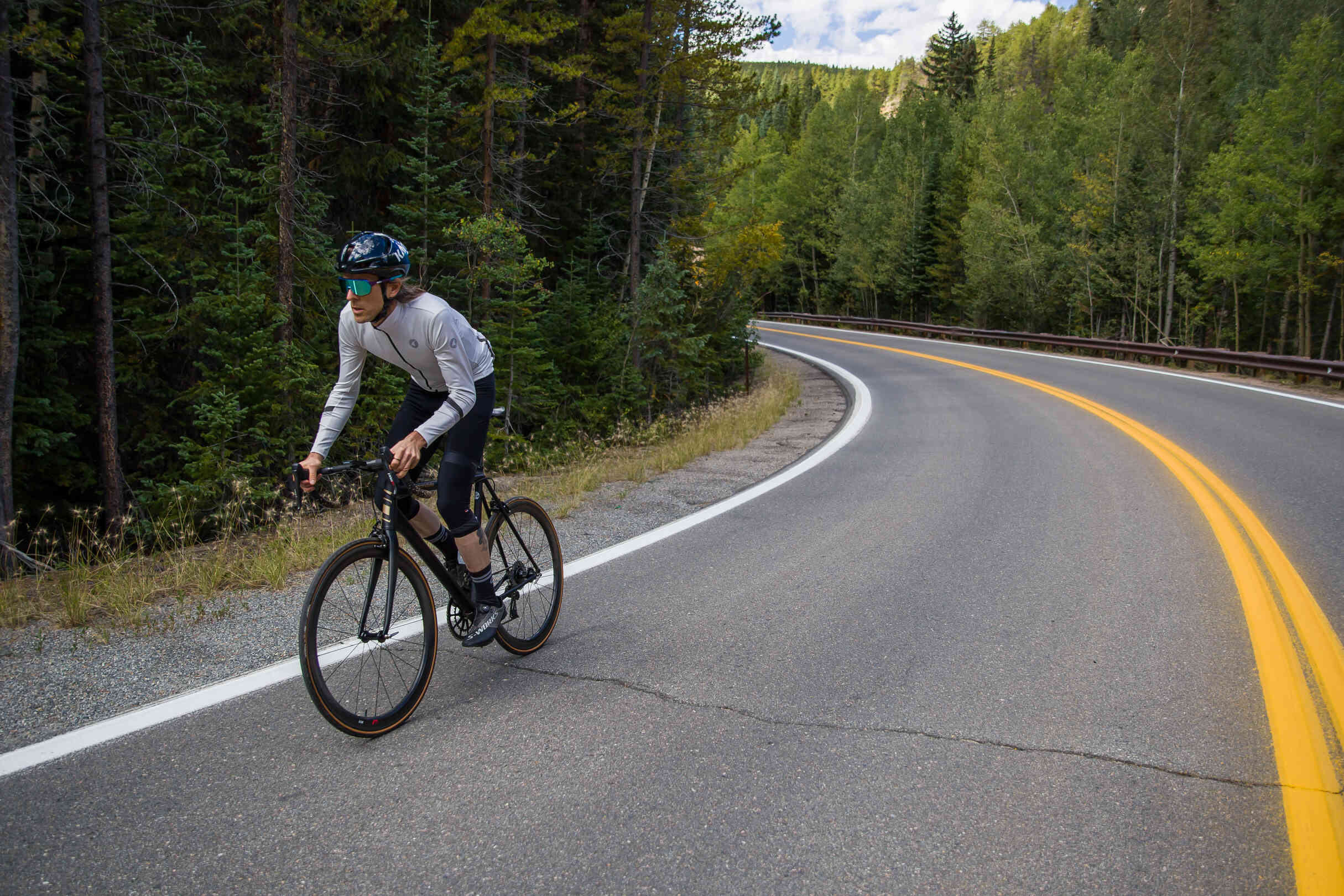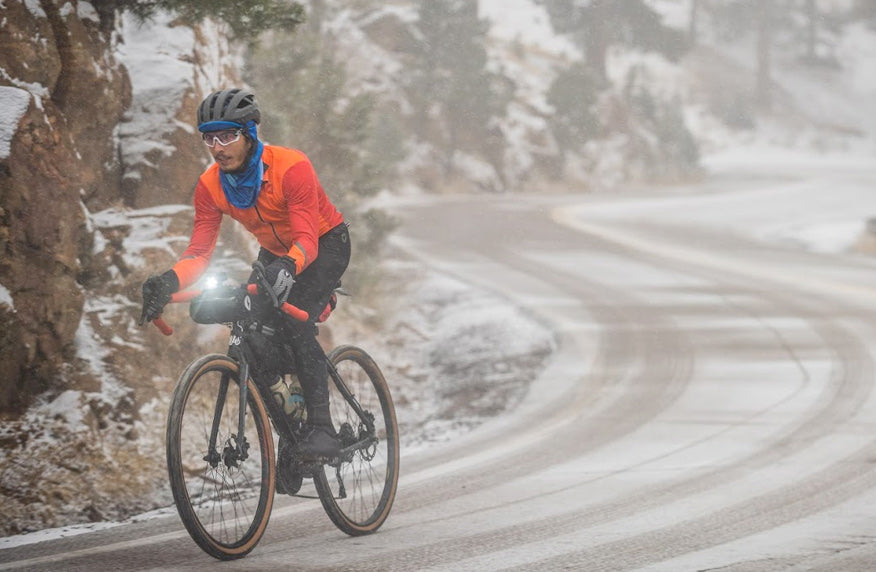Pain is complex because it is a subjective experience.
by Jennifer Sharp, ALP Cycles Coaching
Last month, Alison and I attended the TrainingPeaks Endurance Coaching Summit held at Colorado University in Boulder. The Summit brought together over 150 coaches, physiologists, businesses and thought leaders based in the field of endurance sports. During the break out sessions, attendees could choose between different lectures, depending on their interest. While there, I attended Carrie Cheadle’s The Psychology of Suffering lecture. Carrie is a certified consultant through the Association for Applied Sports Psychology and is passionate about educating others on sports psychology. The following are my observations from her talk, broken into three parts (Part 1 is below).
Pain is complex because it’s a subject experience. Your pain differs from your teammate, from your spouse, from your kids, from the person sitting next to you. Everyone experiences their own unique reaction when it comes to pain.
So what is pain? Pain is a signal from your brain that you’re suffering (either a real physical danger or that you’re pushing close to that edge) and our brains try to shut down the source of pain. It’s a warning signal our brains excrete that as athletes can prevent us from preforming to our potential. But there’s a difference between pain and suffering.
If you examine pain in the form of fatigue, it’s experienced as a limiter, which affects your brain to make decisions.
When we have expectations of pain, it can change our behavior. How hard or how easy something is will affect what we experience. Like a self-fulfilling prophecy: If you think it’s going to be hard, then guess what? It’s hard.
When we’re afraid and have fear it’s often that we’re weary of burning all of our matches. And therefore we always hold something back, which can mean not racing to our full potential.
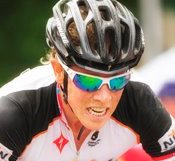 Think of your pain threshold as a combination of body and mind experience. Your body sends a message to your brain and you brain sends a message back to your body. How you deal with pain is up to you. Some athletes can push their pain thresholds to the extreme, while others struggle with it. And if you struggle with it, you’re not alone.
Think of your pain threshold as a combination of body and mind experience. Your body sends a message to your brain and you brain sends a message back to your body. How you deal with pain is up to you. Some athletes can push their pain thresholds to the extreme, while others struggle with it. And if you struggle with it, you’re not alone.
Ready for the good news? You can increase your pain threshold using mental skills training.
Want to learn more? Stay tuned for the additional five tools you can use to grow your pain threshold.
. . . . . . . . . . . . . . . .
ABOUT JENNIFER SHARP
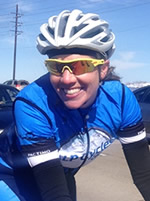 Jennifer Sharp, a USA Cycling Level 1 Coach, started racing in 2004 as a means to fulfill her competitive itch. Previously a national level boxer, she grew tired of getting hit in the head and decided to pound the pedals instead. She bought a pink Kona road bike completing several recreational rides and found herself passing as many people as possible. Since then she has multiple podiums at elite track national championships, master track national championship titles and world cup finishes under her belt.
Jennifer Sharp, a USA Cycling Level 1 Coach, started racing in 2004 as a means to fulfill her competitive itch. Previously a national level boxer, she grew tired of getting hit in the head and decided to pound the pedals instead. She bought a pink Kona road bike completing several recreational rides and found herself passing as many people as possible. Since then she has multiple podiums at elite track national championships, master track national championship titles and world cup finishes under her belt.
Jennifer, a Seattle native, joins the ALP Cycles Coaching with a background in road and track. Her experience as a USA ParaCycling team tandem pilot, part-time work at USA Cycling in the Coaching Education Department and love for all things cycling is a welcomed addition to the ALP Cycles Coaching team.









